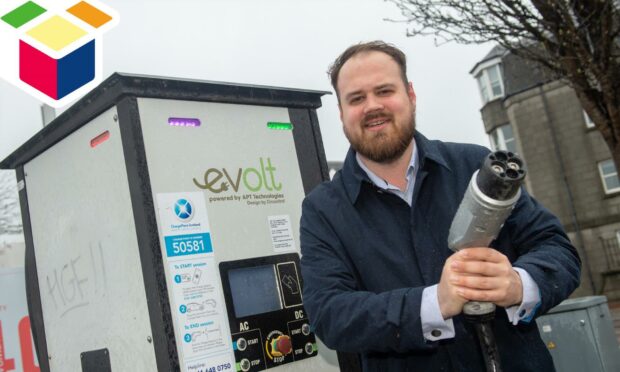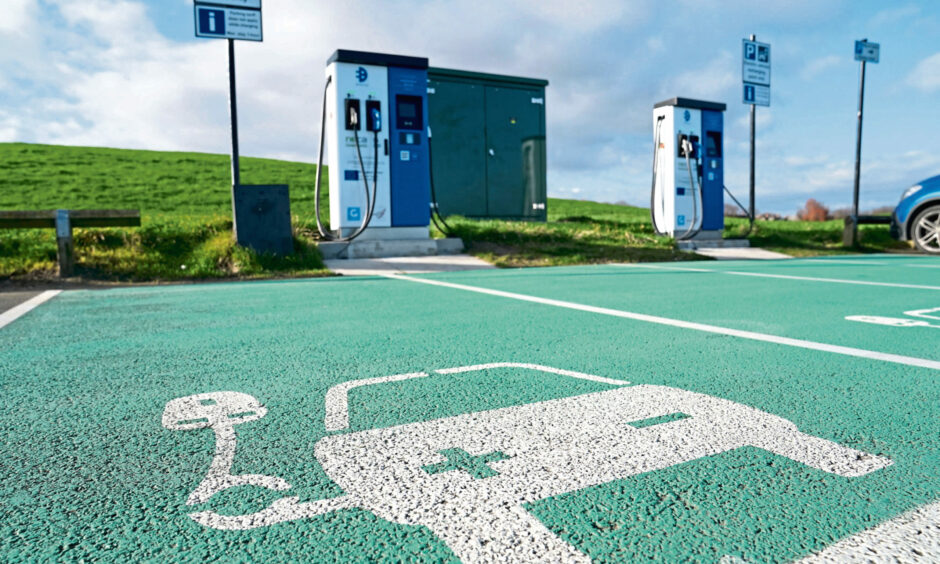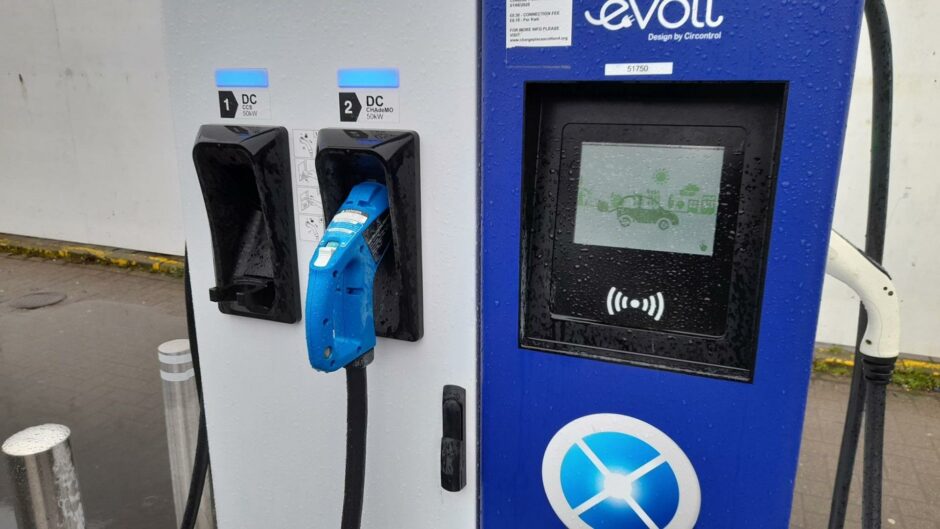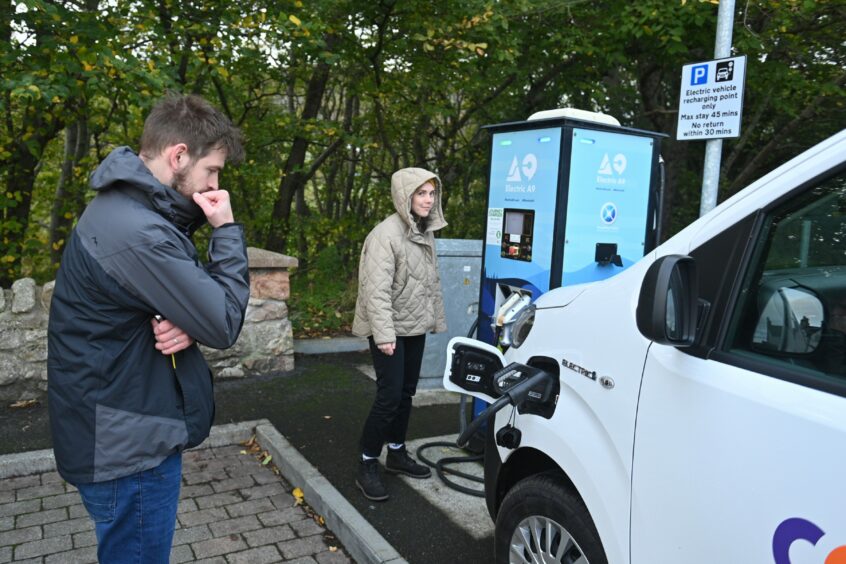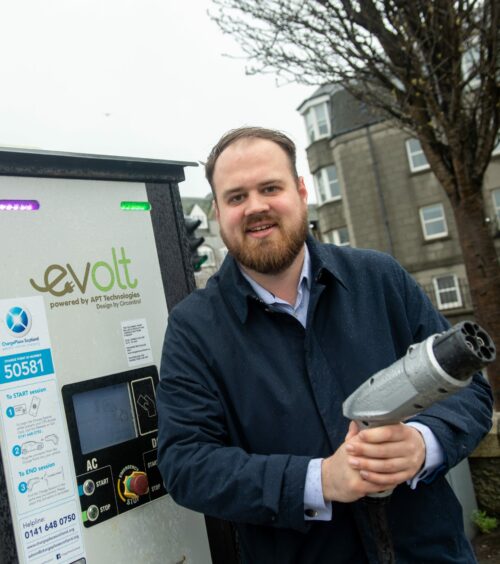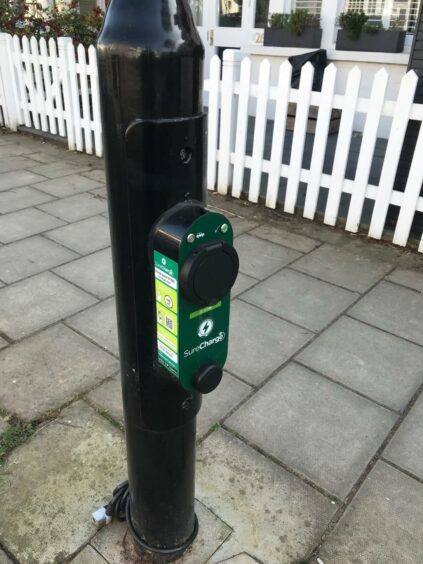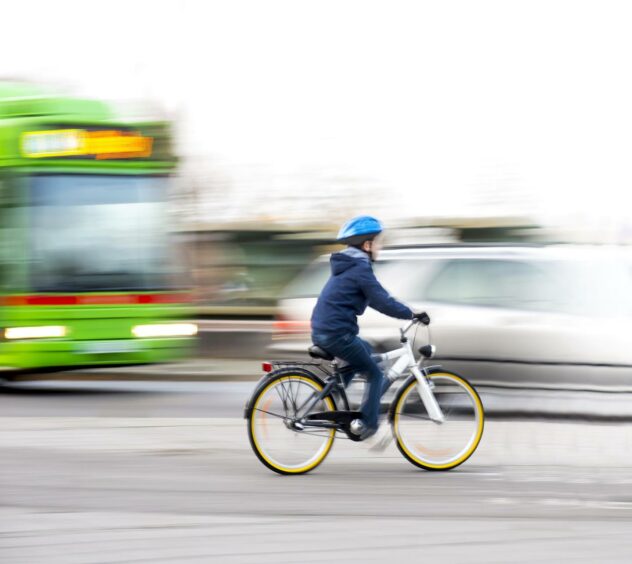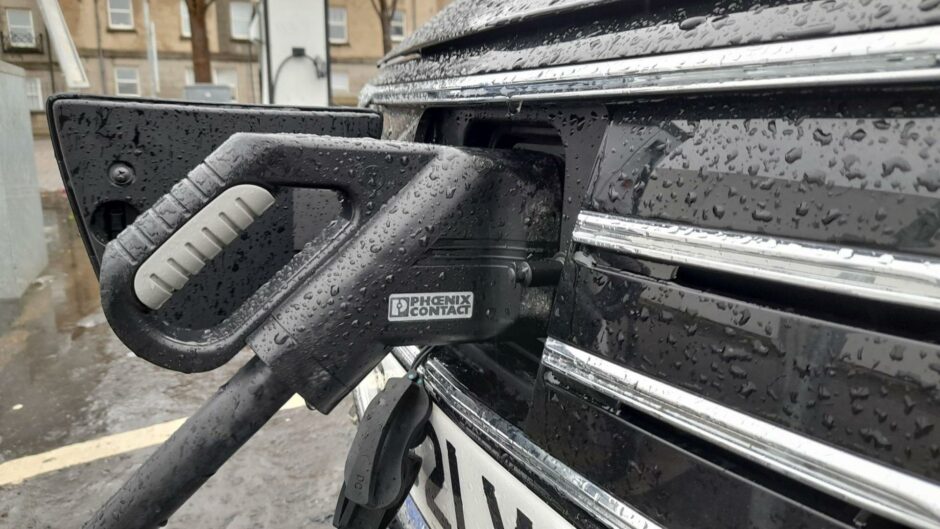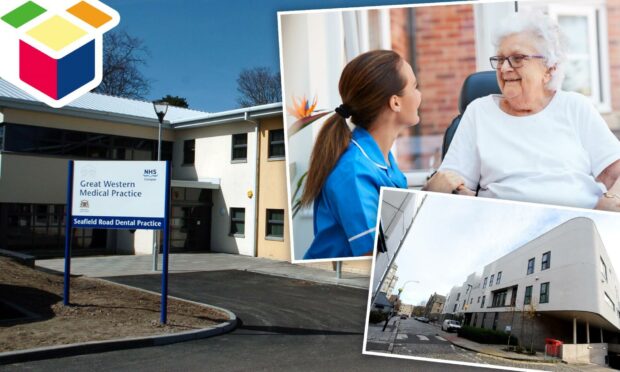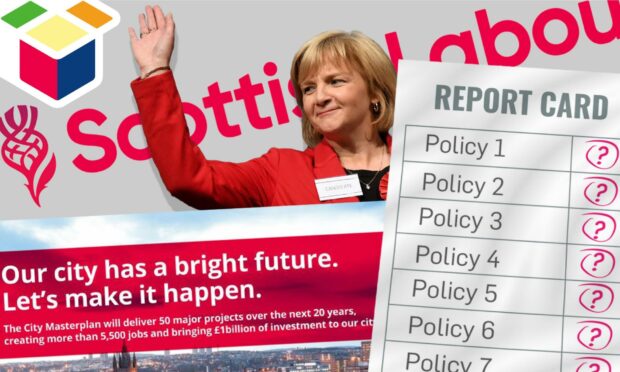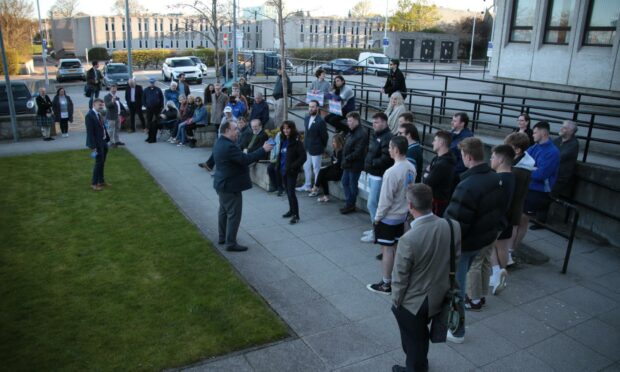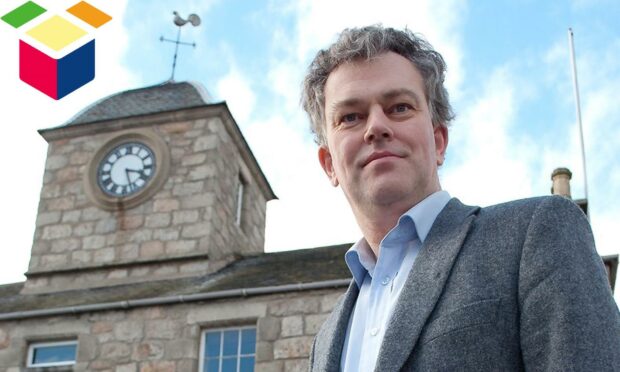The Aberdeen SNP group has vowed to spend at least £25 million on electric vehicle chargers if they win control of Aberdeen City Council in May’s election.
The party hope the investment could result in an additional 2,000 electric vehicle (EV) charging points across the city.
According to the latest statistics from the UK Government, as of January this year there were 103 publicly available points to fill up your electric car’s battery in Aberdeen.
This works out to 45 devices per 100,000 people.
The SNP say their £25 million cash injection into Aberdeen’s EV infrastructure would increase this number to more than 900 per 100,000.
As of January this year there were 87 chargers per 100,000 people in Dundee, 91 in the Highlands, 50 in Moray, 45 in Aberdeenshire, and 52 across Scotland as a whole.
Who is going to pay for this?
SNP councillor Alexander McLellan, who is standing for re-election, said that “no stone will be left unturned in terms of looking for funding” for the £25 million initiative, “but it will require capital investment from Aberdeen City Council”.
He said: “We’ll certainly speak to everyone, including the Scottish Government and UK Government, to see what funding can be unlocked to help us move this forwards.
“We’re committing to doing this, and if we have to do it ourselves with our own capital investment then that’s what we will do.
“If you compare the EV infrastructure in Aberdeen to Dundee, Dundee is miles ahead.
“It’s had a lot of Scottish Government investment, and if we could see a similar investment in infrastructure, that would be welcome”.
Mr McLellan said an SNP administration would also be open to working in partnership with local businesses to get more chargers installed in the city.
The SNP says the £25 million of investment would be delivered in £5m instalments, every year over a five year period.
Will the new EV chargers be fit for purpose?
If you’ve ever driven an EV, you will know that making sure you can find a suitable, working charger is vital if you want to complete your journey in a timely manner.
The Press and Journal last year took an electric van from John O’ Groats to Glasgow ahead of the COP26 summit, in order to test the nation’s charging point infrastructure.
We found that in many locations, chargers were not powerful enough, or broken.
Many devices, particularly older designs, can leave EV drivers waiting hours and hours to fully charge up.
However, rapid chargers are much faster, and can get you from zero to 100% in around an hour.
Of Aberdeen’s 103 current public chargers as of January, only 25 are of the rapid variety.
Mr McLellan said if the SNP are in charge of Aberdeen City Council after May’s vote, they will consult with the public to see where chargers would be best located, and what kinds of devices would be of greatest use.
He said: “We’re going to have to work out what people would like, and where.
“We’re not ruling out any option. We need to make sure the infrastructure is fit for purpose, and fit for the future as well.”
Where would they put them all?
Mr McLellan said the SNP would want the charging points to be in locations that are the most convenient for drivers.
Some examples he highlighted included supermarkets, so you could top up while you shop, or at leisure destinations like swimming pools.
He also stressed that the SNP would keep people’s living situations in mind during the charger rollout.
“We don’t want people who live in certain kinds of accommodation to be excluded from this policy,” he said.
“They need to be there for everyone.”
He said that there are options for people who live in flats without their own designated parking spots that could be considered, like lamppost-based chargers that are in use in places like London.
“Lampposts and on-street parking for domestic use is certainly an option we’ll be looking at,” he added.
How does this fit in with cycling and public transport ambitions?
Mr McLellan said the plan to power up Aberdeen’s EV infrastructure will sit alongside other efforts to reduce our collective carbon footprint from travel, such as ambitions to reopen railway stations.
The Tillydrone, Seaton and Old Aberdeen councillor said active travel choices like walking or cycling “should be the first port of call for domestic travel if it’s feasible”, but acknowledged the continued need for personal car use.
He added: “Obviously there is a need for people to use cars to get about for certain purposes as well, but we hope that if people have cars, they’ll be using cars that are much more friendly to our environment.”
Preparing for 2030’s petrol and diesel car ban
By 2030, the sale of all new petrol and diesel cars and vans will end in the UK.
This is part of the UK’s net zero ambitions.
Mr McLellan said the £25 million investment is designed to help prepare the Granite City for the future of transport.
He said: “As the energy capital of Europe, Aberdeen has a unique role to play as the world moves to a more sustainable future.
“We want to help lead that movement, ensuring that our city and the people who live here are not left behind.
“We will support people who want to reduce their carbon footprints to work towards that.
“As part of that, we need to invest in green infrastructure, and that includes electric charging points.
“Far too often, I hear people saying they would invest in an electric vehicle, but they are concerned whether they would be able to charge it up in our city.
“Our plans could see Aberdeen leading by example in the roll-out of EV infrastructure.”
You can find a full list of all 99 candidates standing for election to Aberdeen City Council here.
You may also like:
- Watch our full documentary on driving an electric van from John O’ Groats to Glasgow
- Why driving an EV across the Highlands isn’t all an electric dream
- Scotland’s electric vehicle infrastructure ‘nowhere near’ ready to support businesses going green, says Chambers of Commerce chief
- Put electric car chargers in safe places for women, says SNP MSP
